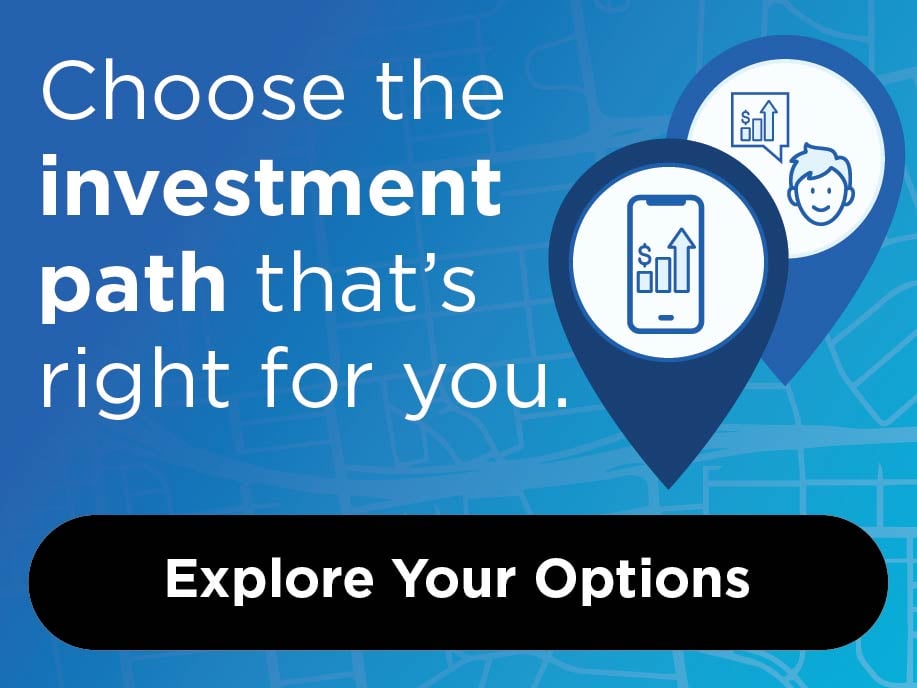
After a long and cold winter, Springtime is finally around the corner! As the weather warms up, so does the housing market, kicking off peak homebuying season. Whether you are buying or selling a home (or both), understanding the current mortgage and real estate trends can help prepare you for your next move.
2025 Market Conditions
As of March 5, 2025, Mortgage News Daily indicates an average 30 year fixed rate of 6.72%, with averages ranging between the high 6's and low 7's over the past couple of years.2 Individual rates are determined by a variety of factors including lender, loan type, term, and borrower, but this industry average gives us insight into the market overall. While interest rates are expected to drop at some point, economic factors such as inflation and unemployment rates will dictate when and where rates move.
Just like last year, home prices and low inventory remain bigger hurdles for buyers than interest rates. Most of 2024 was a seller’s market, meaning sellers had the advantage in the transaction. This was due to there being more buyers than sellers in the market, however, we have seen nationwide gains with housing inventory in the last year. At the start of 2024, inventory was down 40% compared to pre-pandemic levels (2017–2019). By year’s end, that gap had improved to 22%. While we’re moving in the right direction, expect that lower-than-normal inventory will continue to be a challenge in 2025.
Be a Savvy Homebuyer
Understanding the market today helps buyers and sellers know what to prioritize in the homebuying process. Here are a few tips to put your best foot forward in 2025:
Choose the Right Homebuying Team
Picking the right realtor and lender can make or break your experience as a buyer. When choosing a realtor, make sure you work with an agent that understands your must-haves for your new home, is easy to get a hold of, and is someone who will be your advocate in the process. Similarly, your lender should work with you to get you pre-approved and find the best loan option for your financial situation. They should have a good understanding of your budget goals and help you find lending solutions to meet those goals.
Get Pre-Approved
Although we’ve made inventory gains this past year, the housing market remains a competitive landscape and it’s important to understand the difference between getting pre-qualified and pre-approved.
- A prequalified buyer submits a credit application to the lender who then runs their application through an automated underwriting system to get the initial approval.
- A pre-approval takes that step further and requires the buyer submit credit, income and asset documentation for review by an underwriter. A pre-approval indicates to the sellers that you are a committed homebuyer and that you have gone through every possible step in the process before going under contract. Taking this extra step can give you a leg up on your offer.
Optimize Your Buying Power
With some of the challenges that homebuyers face today, it can seem like there’s nothing a buyer can do to improve their buying power – higher rates and lower inventory can put a damper on one’s price point, but there are several things a buyer can look at to help with affordability.
- Focus on Improving Your Credit: the higher your credit score, the more mortgage loan options you have available to you at better interest rates. Lower rates can save you money on your monthly payment and on interest costs over the life of the loan. Higher credit scores can also lead to better premiums on homeowner’s insurance and private mortgage insurance, both of which can factor into your monthly mortgage payment. There are things you can do to boost your credit score: make your payments in full and on time, only use up to 30% of the credit on your revolving accounts like credit cards and don’t open new credit unless absolutely needed.
- Ask About Special Loan Products: Adjustable-Rate Mortgages, Interest Rate Buy-Downs and Temporary Interest Rate Buy-Downs can help save you money in the short and long term on both your monthly mortgage payments and on interest costs. Ask your lender if any of these options make sense for you.
- Consider Your Other Debts: Too much credit card debt or installment debt can have an impact on your housing budget and what you can afford. Consider restructuring your debts to lower your overall monthly obligations to free up space in your housing budget. If you are considering a sizeable down payment, it may make more sense to hold some of those funds back to pay down other debts. Before making any changes to credit or your credit balances, however, be sure you speak to your loan advisor.
At CommunityAmerica, our team of Mortgage Advisors are local, so we always have a pulse on the local housing market trends. Whether you’re looking for your first home, your next dream home or even to refinance your current home, your Mortgage Advisor is here to help every step of the way.
If you have questions about your mortgage options, interest rates, or the best way to get started, give our Mortgage Advisors a call at 800.892.7957 or schedule an appointment online.




